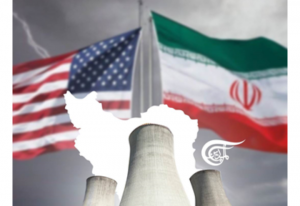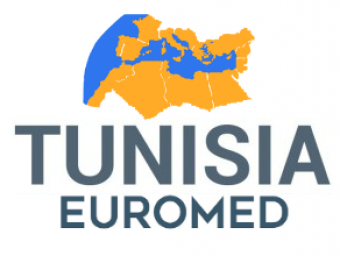
There’s a problem with the way Iran is being made out to be in terms of the revival of the Vienna Talks. This isn’t new, of course. It’s part of the anti-Iran narrative that’s been espoused since the Iranian Revolution, but ever since the end of the 6th round of talks, Iran has been portrayed as a country that is unreasonably intransigent in its dealings with the E3 and the US and unwilling to engage in dialogue.
Reality disagrees, however. Iran’s approach to the talks stems from its tried and tested distrust toward the West. Be it imperialism, occupation, massacres, coerced monopolies, or military and security interventions, Iran has been subjected to them all in modern times, and these are all matters very much alive in the Iranian collective memory.
The distrust is real, grounded, and based on experience. If anything, Iran has shown a great deal of pragmatism and diplomatic know-how in its talks with the West over the past 42 years. The JCPOA bespeaks the country’s willingness to hold dialogue with international peers.
So how did we get from former President Rouhani’s optimism vis-à-vis a possible revival of the deal to the talks being delayed time and time again until the end of November?
